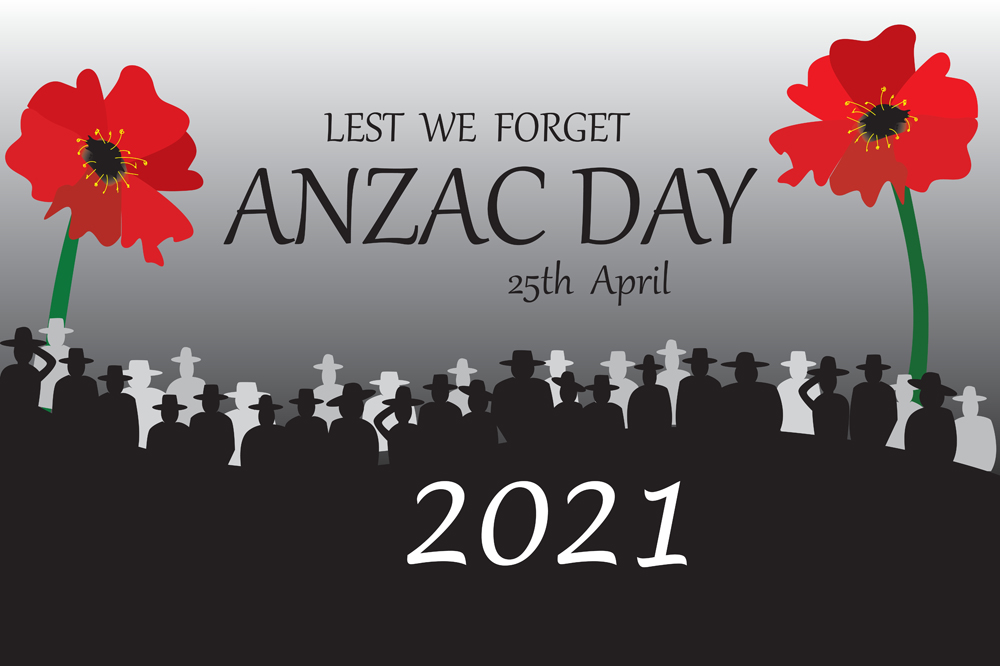There’s something to be said about a church than runs smoothly and orderly. As a Presbyterian church, we usually don’t know any other way. The worship is ordered and everything is in its place. That’s certainly not how Paul would have described the very un-Presbyterian Church in Corinth! Instead of order there was chaos. Choas when it came to the use of tongues. Chaos when it came to the use of prophecy. Chaos when people were interrupting! Rather than ordered it was disordered. In 1 Corinthians 14:1-40, the Apostle Paul had quite a bit to say about these things and we learn from them and seek to do them today.
Full service
00:00 Welcome
Song: Only a Holy God
00:15 Introduction
00:36 Prayer
07:04 Bible reading: 1 Corinthians 14:1-19
Song: Jesus Thank You
10:13 Devotional
Song: This Live I Live
12:01 Bible reading: 1 Corinthians 14:20-40
15:38 Sermon: 1 Corinthians 14:1-40
Song: Search Me O God
45:40 Closing



